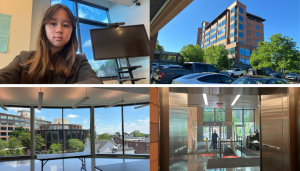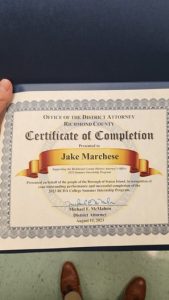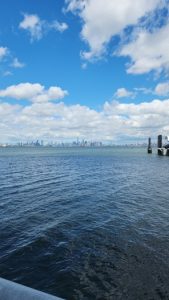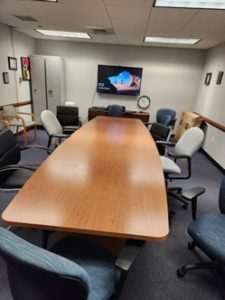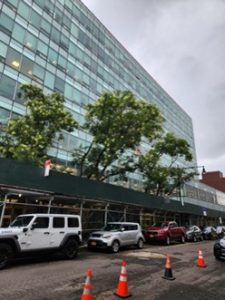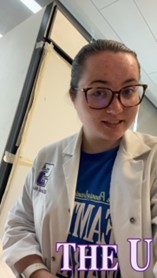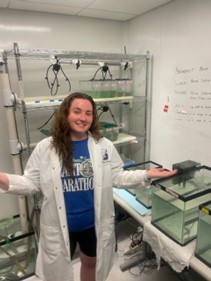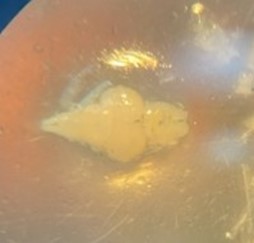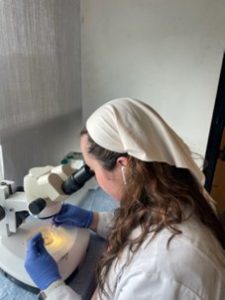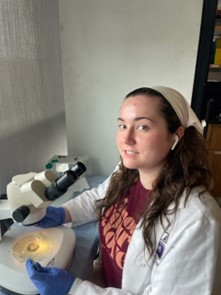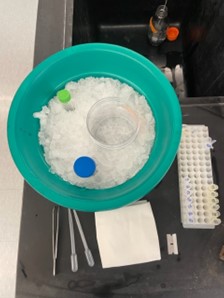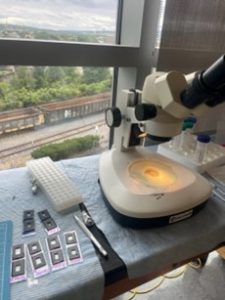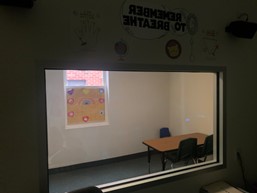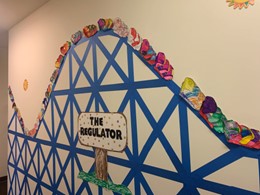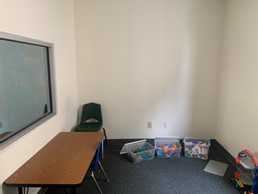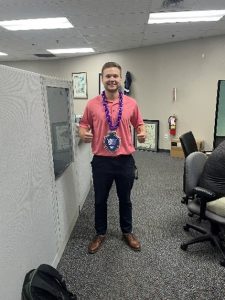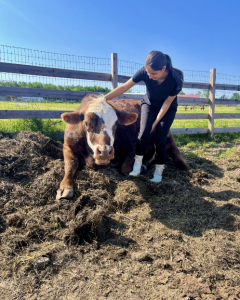At the Bucks County Public Defender’s office, I have had the opportunity to interview clients, review police affidavits, watch discovery, observe trials and hearings, and assist attorneys with different projects. I have just completed my first week and this internship has been incredibly hands-on, providing me with many invaluable experiences that I will carry with me moving forward. As an intern, I have met many clients from diverse cultures and backgrounds and have assisted these individuals with navigating the complex justice system.
Moreover, I have also gained a newfound respect for the devoted attorneys who work in this field. Even with the heavy caseloads and tight time restraints, the professionals in this office remain kind, sympathetic, understanding, and upbeat. I am inspired by the attorneys in the office who have taken on this kind of work to protect the disadvantaged from being punished due to financial restraints.
From a young age, I have always been interested in going to law school and practicing criminal law. With this internship, I hope to get a feel for what my career could potentially look like and figure out if this is the job for me. So far, this internship has introduced me to a very welcoming environment filled with good people. As I continue to expand my understanding of the typical tasks of a public defender, I also hope to learn about the innerworkings of the criminal justice system in terms of representing indigent clients. On top of this, I hope to become more understanding of others who have varying experiences and backgrounds.
Chelsea Curran, Political Science
